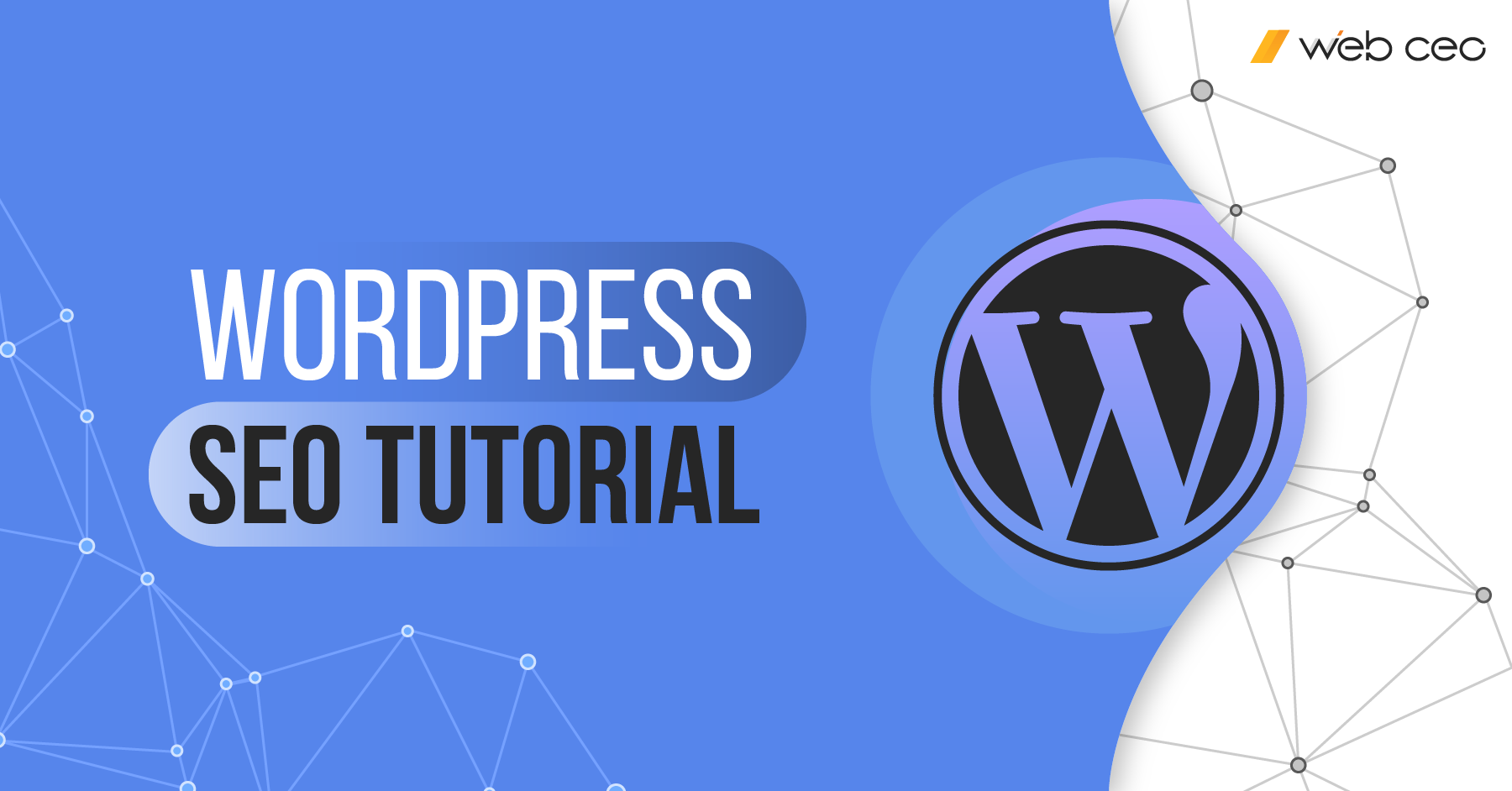Buzz Haven: Your Source for Trending Insights
Stay updated with the latest buzz in news, trends, and lifestyle.
Boost Your WordPress Like a Pro
Unlock your WordPress potential! Discover expert tips and tricks to elevate your site like a pro and boost your online presence today!
Top 10 Essential Plugins to Supercharge Your WordPress Site
When it comes to managing a WordPress site, having the right plugins is crucial for enhancing functionality and improving user experience. Here’s a list of the top 10 essential plugins that can help you supercharge your WordPress site:
- Yoast SEO: This plugin assists in optimizing your content for search engines and improving your site’s visibility.
- WooCommerce: If you’re looking to sell products or services online, this plugin turns your WordPress site into a fully functional e-commerce store.
- Wordfence Security: Keep your site safe and secure with this comprehensive security plugin that offers firewall protection and malware scanning.
- Elementor: A powerful page builder that allows you to create stunning designs without needing to know any code.
- Akismet Anti-Spam: Protect your blog from spam comments and keep discussions meaningful with this intelligent spam filter.
Continuing with our list, here are additional essential plugins to consider for your WordPress site:
- UpdraftPlus: This plugin makes backups a breeze, ensuring that your content is always safe and recoverable.
- WP Rocket: Speed up your website with this caching plugin, which enhances user experience and can improve your SEO ranking.
- contact Form 7: Create and manage multiple contact forms with ease, facilitating better communication with your audience.
- MonsterInsights: Gain insights about your visitors with this Google Analytics plugin, allowing you to tailor your strategy effectively.
- Smush: Optimize your images to improve loading times without sacrificing quality, essential for keeping visitors engaged.

How to Optimize Your WordPress Speed for Better Performance
Optimizing your WordPress speed is crucial for enhancing your website's performance and improving user experience. A faster site not only pleases your visitors but also boosts your SEO rankings. Start by leveraging caching plugins, such as WP Super Cache or W3 Total Cache, which can significantly reduce page load times. Additionally, consider optimizing images by using proper formats and compressing them to reduce their size without sacrificing quality. This will help in reducing the overall loading time of your site.
Another effective method to enhance WordPress speed is to minimize HTTP requests. You can achieve this by simplifying your website's design and reducing the number of elements on each page. Also, be sure to regularly review and remove any unnecessary plugins that may slow down your site. Lastly, keep your WordPress, themes, and plugins updated to the latest versions. This not only improves speed but also ensures your site is secure. Implementing these strategies will lead to a more efficient and faster website, contributing to better overall performance.
Common WordPress SEO Mistakes and How to Fix Them
One of the common WordPress SEO mistakes is neglecting to optimize your images. Large image files can significantly slow down your website, adversely affecting your search engine rankings. To fix this issue, consider using image optimization plugins like Smush or EWWW Image Optimizer, which can compress your images without sacrificing quality. Additionally, always remember to use alt tags for your images, as they provide context to search engines and enhance accessibility for visually impaired users.
Another prevalent mistake is failing to configure permalinks properly. Default permalink structures are often not SEO-friendly and can lead to uninformative URLs. To address this, navigate to your WordPress settings and choose a more descriptive permalink structure, such as 'Post Name'. This not only makes your URLs more readable but also helps search engines understand the content of your pages better. By learning from these WordPress SEO mistakes, you can improve your site's visibility and organic traffic.